SUMMARY
This is AI generated summarization, which may have errors. For context, always refer to the full article.
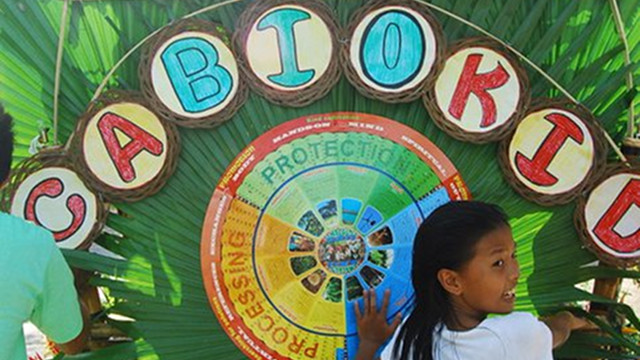
MANILA, Philippines – “I tell my kids to always have their feet on the ground, literally,” says Bert Peeters, a cheerful Belgian permaculturist and one of the pioneers behind Cabiokid, a 13-hectare organic farm of endemic flora and fauna in Cabiao, Nueva Ecija.
Cabiokid is a contraction of 3 words: “Cabiao,” the place where it is situated; “bio” for life; and “kid,” short for the vernacular for farm or “bukid.”
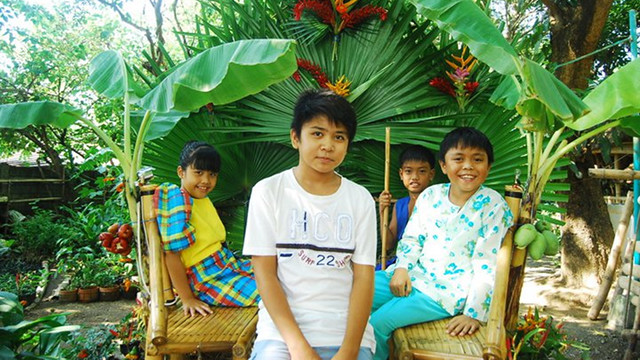
Bert began with a brief lecture to my humanities classes, part of our exploration of arts and ecology. A farm seemed quite an unusual choice for a field trip for us, but the choice was fuelled by relevance: my department has a growing interest in ecological issues in relation to art and culture.
In fact, a course on arts and ecology is underway.
For it’s not too hard to see how our consumer-oriented, urban-centered, Hollywood-worshipping industries of today have produced the hyperindividual, a collection of masses of people from every province wanting to “make it” in the urban jungle.
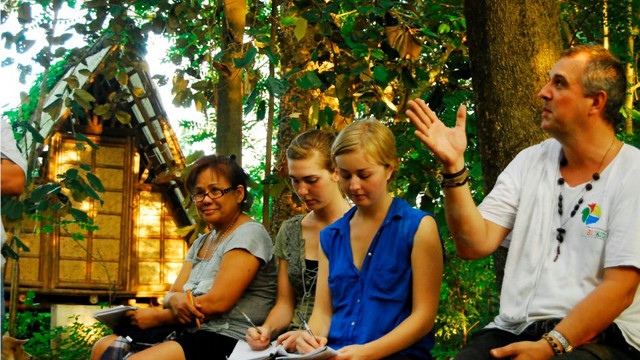
They aim to settle as close as possible to Metro Manila and its nearby vicinities, even if that means trading their potentially productive lands and rich local traditions for decrepit assemblages that pass for households and a so-called city life.
Bert was a colleague from my NGO-activist days. We used to be part of a coalition that opposed large-scale mining, among other environmental concerns. We have taken divergent paths from what we used to do – criticize a system without practicing alternate solutions that could help support the traditional lifeways of local communities.
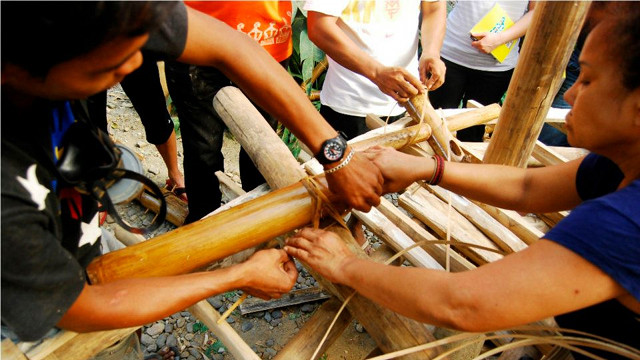
From mining issues, Bert has re-directed his energy into an embodied practice of community-based farming. I see Bert as a “kuya” (older brother) for his expertise in the field he has taken: permaculture, a system of designing things that is responsive to our natural ecology.
What is more amazing is that Bert is a foreigner, a Belgian national who has a deep abiding love for the Philippines, having lived here with his Filipina wife and kids for over 20 years. He speaks Tagalog fluently, like any native speaker.
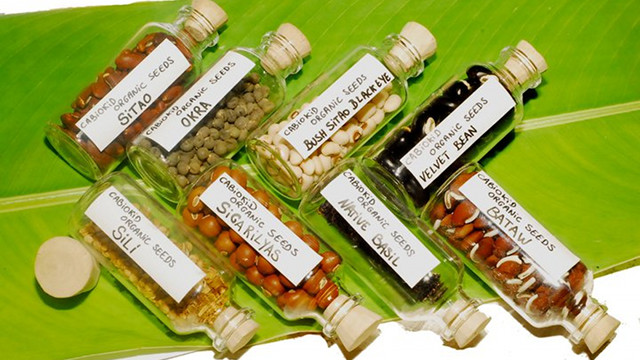
Together with his wife and local contacts, he created Cabiokid Foundation in Nueva Ecija, a province known as the rice granary in Central Luzon’s plains.
In seeing the farm which Bert and company have worked on for the last 14 years, I was reminded of what development and growth really means. Seeing the contented, cheerful faces of the Cabiokikd staff – Bert, Tolits, Nars – who walked us through the thriving fields; and Ate Luz and her team who prepared meals in the pugon-driven kitchen, I felt how amazing it was that people can live happily and productively using the basic things that nature — when cared for properly — can abundantly provide.
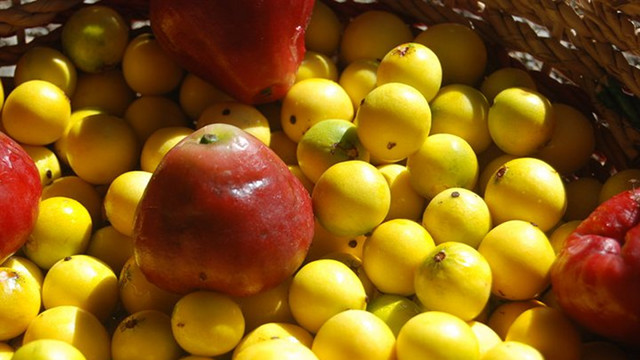
As ecofeminist Vandana Shiva wrote in her book “Stolen Harvest”:
“Over the past two decades every issue I have been engaged in as an ecological activist and organic intellectual has revealed that what the industrial economy calls ‘growth’ is really a form of theft from nature and people… in agriculture as much as in forestry, the growth illusion hides theft from nature and the poor, masking the creation of scarcity as growth.”
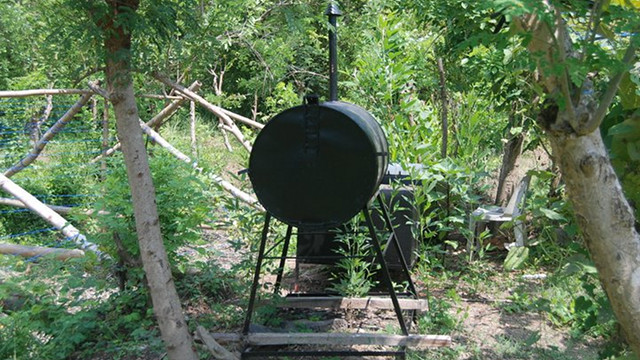
Besides touching on the issues of a capitalist economy that has made us dependent consumers, Bert talked of the alternative of growing food in our own places. He also highlighted how our city thoroughfares are “killer highways,” built for cars and trucks, not for human beings to walk or safely bike through; our cities as cement jungles where growing edible greens is barely considered.
The modern malaise of highrise condominiums, he mentioned, is also a great indicator of an unsustainable lifestyle. “Imagine,” he says, “if you lived in the 40th floor of a condo. With power failure or disaster, how will you access water and how will you manage to reach the ground floor?
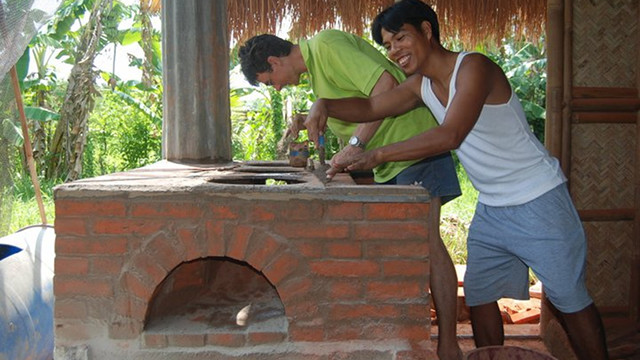
“People are made to live totally dependent on technology and professional consumption, ignorant of how to grow their own food and recycle energy sources.”
Indeed, looking at the whole design of Cabiokid is a wonder in energy recycling. They have windmills, solar panels, recycled rainwater, and non-flushable toilets that collect human waste as fertilizer. Their kitchen stoves are made of local bricks that make a pugon, fuelled with twigs and wood scraps that naturally fall from their semi-forest.
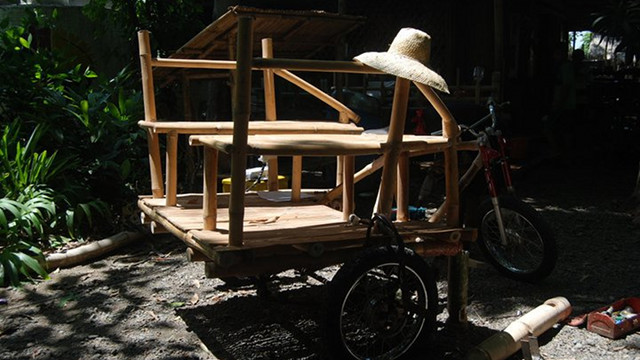
Most of all, they advocate the use of local materials for houses: they teach bamboo architecture, with a little help from cement as foundation. They also grow anahaw as roofing for their bamboo houses. During the break, my students also enjoyed exploring the area with bamboo bikes, one of Cabiokid’s creative inventions.
During the walk-through, we were amused to meet monkeys, wild pigs, and deers that keep the ecosystem in natural balance. The flora was also rich in canopies of trees: narra, acacia, bamboo, lipatong, kaimito, malunggay, and plants such as anahaw, dill, oregano, water crysanthemum, among many others.

It was hard to imagine that 14 years ago, the now thriving Cabiokid property was all monocropped riceland, drugged with toxic fertilizer. Today, it has been transformed into a diverse ecosystem that provides the Cabiokid community with its own self-sustaining, organic food and energy sources.
“Once we step out of our nipa hut-office, we instantly enjoy these trees and ponds. Here, work and leisure are not separate,” Bert beams.
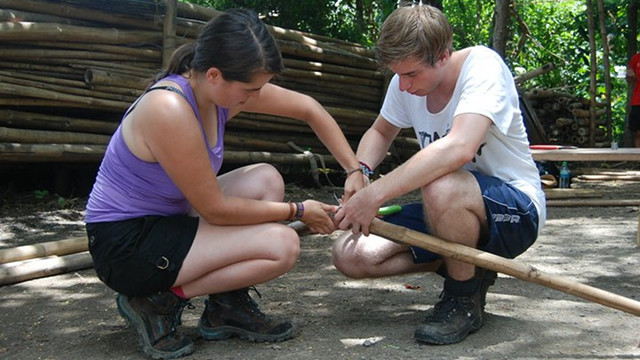
At the end of the day, Cabiokid’s gift to us was the simple reminder that a life sensitive to the workings of nature is not only ecologically-sound but also one of the happiest, more fulfilling ways for human communities to live. – Rappler.com
(Cabiokid offers trainings and programs on sustainable solutions to various communities and sectors. For more information visit http://www.cabiokid.org/programs.html.)
(Rina Angela Corpus is an assistant professor of Art Studies at the College of Arts and Letters, University of the Philippines. She survived Sandy while on special detail in New York in October 2012. She practices the healing arts of shibashi-chigong and Raja Yoga meditation. Her poems have been featured in Mad Swirl, Philippine Collegian, Philippines Free Press, and Tayo Literary Magazine.)
Add a comment
How does this make you feel?
There are no comments yet. Add your comment to start the conversation.